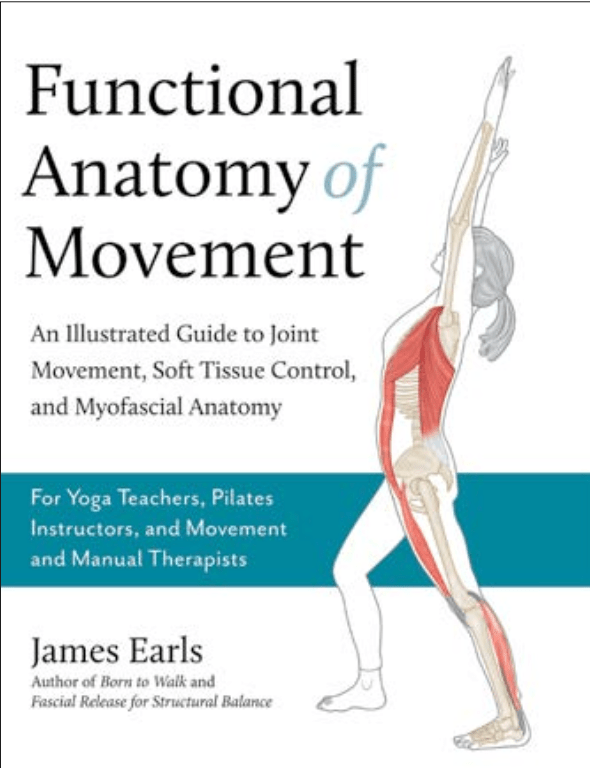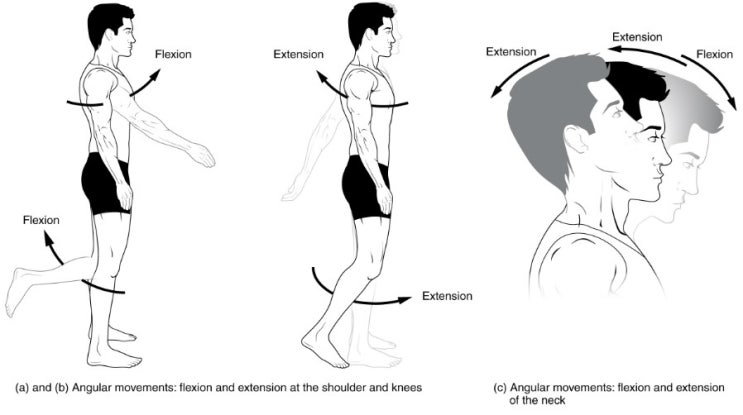Functional Anatomy of Movement Agence Schweiger Biology Diagrams Anatomy of Movement presents a dynamic, integrated approach to the study of the physical structures of the musculoskeletal system and their functional relationship to the movements of the human body. In clear and concise text illustrated with more than a thousand graphic drawings, the author guides the reader on a lively tour of the muscles In Functional Myofascial Anatomy, James Earls suggests that we need a new set of tools and vocabulary for watching and describing anatomy in motion. Earls argues that it is seeing movement in action--in different bodies and in different environments--that should inform our understanding of anatomy, rather than the other way around. In Functional Myofascial Anatomy , James Earls suggests that we need a new set of tools and vocabulary for watching and describing anatomy in motion. Earls argues that it is seeing movement in action—in different bodies and in different environments—that should inform our understanding of anatomy, rather than the other way around.

JAMES EARLS, MSc, is a writer, lecturer, and bodywork practitioner specializing in functional movement and structural integration. He is the director of Born to Move, an education platform teaching real-life anatomy for movement and manual therapists, and he is a popular presenter at conferences and workshops around the world. About Functional Anatomy of Movement. A unique and comprehensive approach to functional anatomy through the lens of myofascial continuities, from the coauthor of Fascial Release for Structural Balance Whether we describe them as anatomy trains, myofascial chains, meridians, or slings—insights into the interconnected nature of fascial tissue have had a profound impact on our understanding of Functional Anatomy of the Soleus Muscle. Traditionally, we have been taught that the primary action of the soleus muscle is to push the foot down when the knee is bent. 2 This is why seated calf raises are commonly recommended as an exercise to work the soleus muscle. However, in real-life the job of the soleus muscle (via the Achilles tendon
.jpg)
Functional Anatomy of Movement: An Illustrated Guide to… Biology Diagrams
Functional Anatomy for Sport and Exercise is a quick reference guide to human musculoskeletal anatomy in its moving, active context. An accessible format makes it easy for students to locate clear, concise explanations and descriptions of anatomical structures, human movement terms and key concept as they are needed. Covering all Functional Anatomy This course is an introduction to kinesiology, geared toward Pilates and Yoga Instructors, personal trainers or anyone interested in learning about human movement. Required reading includes Anatomy of Movement by Blandine Calais Germain and Muscles Testing and Function by Florence Kendall.

What is Functional Anatomy? In simple terms, functional anatomy is the study of the body's structures and how these structures enable movement. It combines elements of anatomy the study of human body parts and their functions with a focus on how these parts interact efficiently during various physical activities. Imagine you're in a yoga class.

